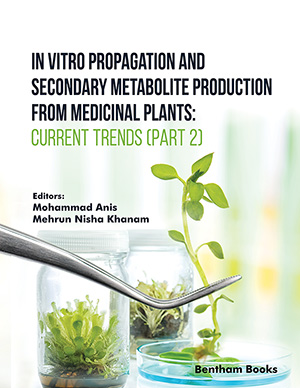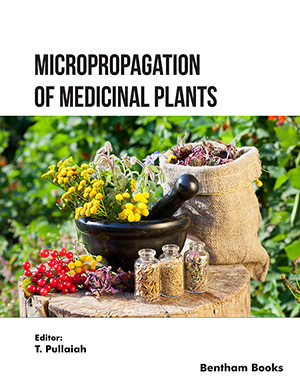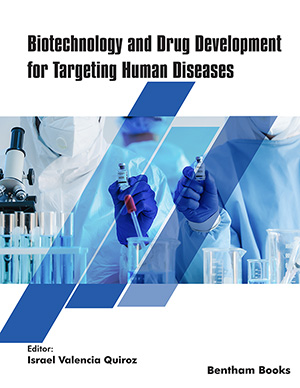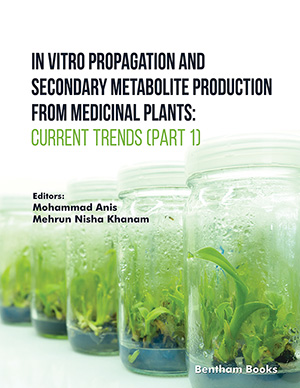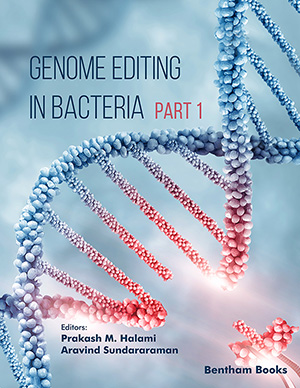Abstract
Coumarin derivates are oral anticoagulants commonly prescribed for treatment and prevention of thromboembolism. Due to a small therapeutic index and large inter- and intrapatient differences in dose requirements, treatment with coumarins is challenging, particularly in its starting phase. Extensive evidence suggests that common genetic variants in CYP2C9 and VKORC1 genes together with a number of clinical factors are important determinants of the coumarin dose variability. Pharmacogenetic algorithms comprising both genetic and non-genetic factors were developed to improve the safety of coumarin therapy initiation. Recently, three randomized controlled trials (the COAG and the EU-PACT trials) on pharmacogenetic dosing of warfarin, acenocoumarol and phenprocoumon were published. In these trials different coumarin dosing strategies were compared to investigate whether or not pharmacogenetic testing could be beneficial for coumarin management. The purpose of this review was to present and discuss the design and results of these studies within the context of previously published randomized controlled trials and to address the issues surrounding the incorporation of coumarin pharmacogenetic testing into clinical practice.
Keywords: Acenocoumarol, COAG, CYP2C9, EU-PACT, pharmacogenetics, phenprocoumon, VKORC1, warfarin.














